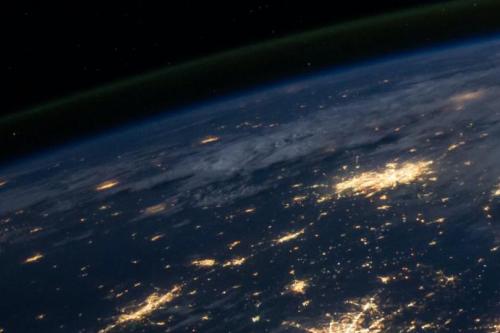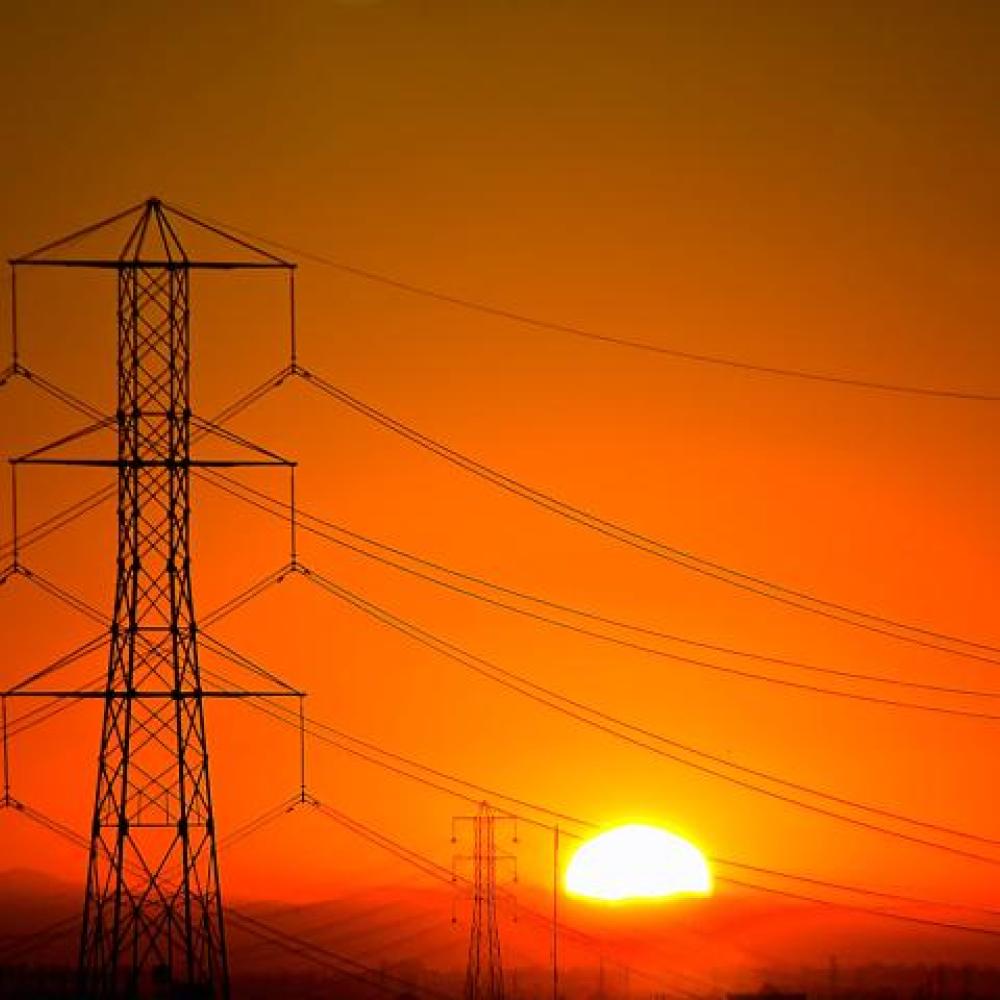The Energy Transition
How to replace the primary energy sources in our global economy to help address climate change is a critical problem facing humanity and is inseparable from our environment. UC Davis is a global leader in understanding how to ensure a successful transition from fossil fuels to renewable energy — a transformation that will require a new cadre of interdisciplinary, solutions-oriented environmental scholars. The Institute's Energy Transition pillar leverages the globally ranked environmental prowess at UC Davis to successfully make this transition.
The UC Davis Institute of the Environment supports a wide breadth of interdisciplinary research informing the world’s move from fossil fuels to renewable energy. The Davis Energy Economics Program (DEEP) housed within the Institute of the Environment, leads cutting-edge research that moves our world toward a sustainable energy future.
DEEP is an intellectual hub where researchers and students from multiple disciplines, the Davis energy economics community, industry, and policymakers gather and exchange ideas, research, and information on the challenges and opportunities facing today’s energy sector. The program supports economic research on all aspects of the energy industries, spanning fuels markets, energy consumption, electricity regulation and deregulation, vehicle markets, and emissions trading.
Energy powers our world, and the Institute of the Environment is supporting research and training the next generation workforce that will move our world from a carbon-centered society to one based on renewable sources of energy that are scalable for widespread adoption.
Your support, our strength. Learn more about how you can support this and other initiatives here.

The Davis Energy Economics Program
The Davis Energy Economics Program (DEEP) housed within the Institute of the Environment, leads cutting-edge research that moves our world toward a sustainable energy future.




